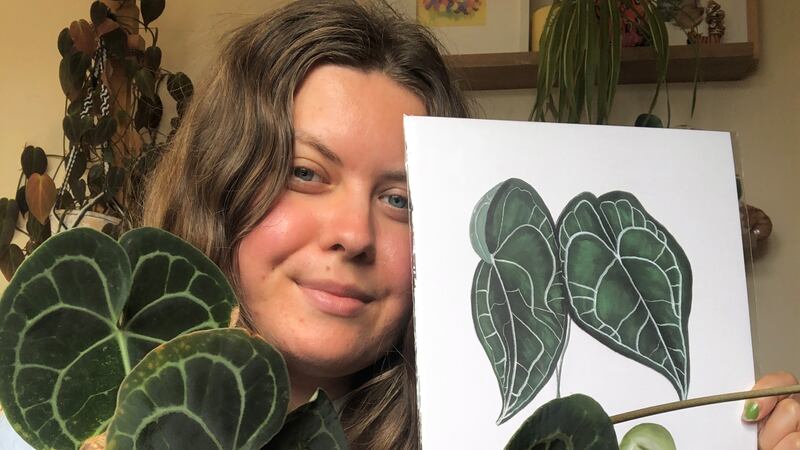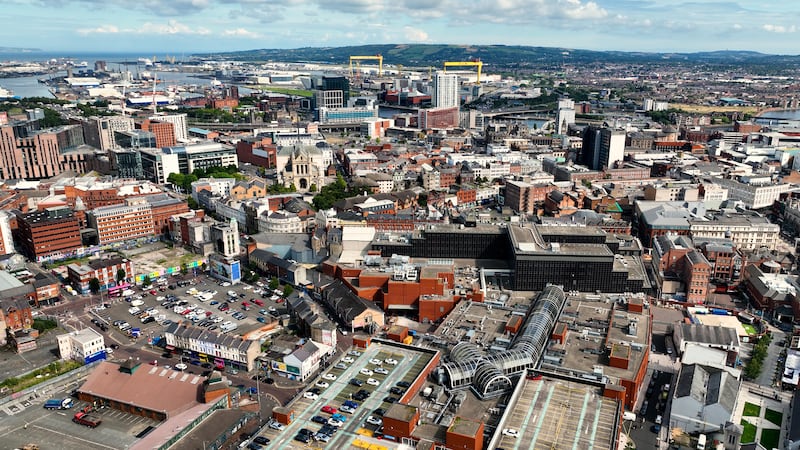AS any circus trapeze artist will tell you, it’s a good idea to have a safety net beneath you, in case the unexpected happens.
But you don’t have to be in a Big Top, in order to shelter your family from nasty surprises – surprises of the financial kind, that is.
This is topical at the moment, as the past year has not been an easy year for families.
Aviva’s new ‘Family Finances Report 2016/17’ reveals that, in terms of the family finances, the typical family is not in a good place.
Monthly family income currently stands at an average of £2,006, its lowest level in two and a half years.
Meanwhile outgoings have risen, with the average UK family’s total monthly household spending up 11 per cent in the past year, or by £252 per month. Average spending now stands at £2,507 per month, compared with £2,255 a year ago.
One of the main drivers behind that rise have been car fuel and home heating oil, rather than food costs.
In fact, the cost of the weekly food shop has been relatively stable, increasing by just £9 over the year to reach £208 today.
This is unlikely to continue though - Aviva expects the price of food could rise from here on in. When Article 50 is triggered and the UK moves to leave the European Union, this will certainly affect the price of imported goods.
As for housing costs, well they fared well in 2016, relatively speaking.
Due to the Bank of England’s cut in interest rates to 0.25 per cent last August, mortgage rates have been kept low, and as a result housing costs have risen by only £5.
On the other hand, household debt levels have risen, as families have been finding it easier to obtain low-cost credit. Aviva reports that, excluding housing and student debts, average borrowing stood at £17,630 - the highest level since this survey began in 2011.
The savings scene is also less than positive, as nearly one in five (19 per cent) families have nothing at all put away. For those who do, average savings were £3,134, well down on the previous year.
Comparing savings to incomes, 18 per cent have less saved than the typical family’s monthly income of £2,000.
Looking to the future, how does the typical family see things developing in the short term?
The simple answer is: people have three major concerns.
The first focuses on the price of basic necessities – we have already mentioned likely changes in the cost of food. Last summer, Aviva said 36 per cent of families were worried about this, but this has risen significantly to 43 per cent now.
The second major worry is the fear of unexpected expenses, which is a concern for nearly half of families.
But the third concern is possibly the most interesting.
While the UK employment market is relatively buoyant at present, nearly a third (32 per cent) of families do worry about losing an income through ill-health or redundancy.
How well do we protect ourselves against unexpected loss of income, by using the various types of family protection insurance? Not well, according to the findings of this report.
Aviva looked specifically at married people on this, and found that 45 per cent still do not have life insurance, 70 per cent do not have critical illness insurance, and 77 per cent do not have income protection insurance, to provide a replacement income.
Aviva notes that the major trigger for buying insurance is marrying, buying a home, and starting a family.
Home owners are much more likely to have taken out life insurance when they bought their home. Over half (57 per cent) of mortgaged home-owners had it, compared to a quarter of those who were renting, Aviva found.
We are all trapeze artists in the Big Top of life! With such a turbulent economic outlook for our families, family protection insurances, such as critical illness or income protection, are clearly worth considering. We can help with independent financial advice to help you get these important ‘safety nets’ in place.
:: Michael Kennedy is an independent financial adviser and pensions specialist, and can be contacted on 028 71886005.








